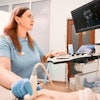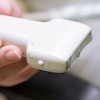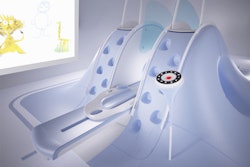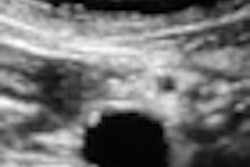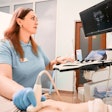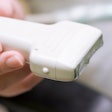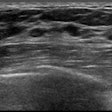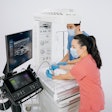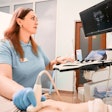GE Healthcare said that its Vivid q portable cardiovascular ultrasound system will be headed to the International Space Station (ISS).
A customized Vivid q scanner will be used on board the ISS as part of NASA's human research program. Replacing a 10-year-old ultrasound system that stopped working earlier this year, Vivid q will be delivered to the ISS by the space shuttle Atlantis on NASA's final shuttle flight, scheduled to launch on July 8.
The system will be used for general crew health assessment and NASA space research investigations such as the Integrated Cardiovascular project, which is studying the weakening of heart muscles associated with long-duration space flight. Another research project, Integrated Resistance and Aerobic Training Study, is evaluating the use of high-intensity, low-volume exercise training to minimize the loss of muscle, bone, and cardiovascular function in astronauts, GE said.
Furthermore, a European Space Agency experiment will utilize Vivid q to help evaluate changes in central and peripheral blood vessel wall properties and cross-sectional areas of space station astronauts during and after long-term exposure to microgravity.
GE said Vivid q may also be used in NASA's New Millennium Observatory Network (NeMO Net) extreme mission operation, which provides underwater space simulation. NeMO Net is a near-real-time data communications system that links instruments located in a submarine volcano, one mile underwater and 300 miles offshore of Oregon, to the Internet, according to GE.
